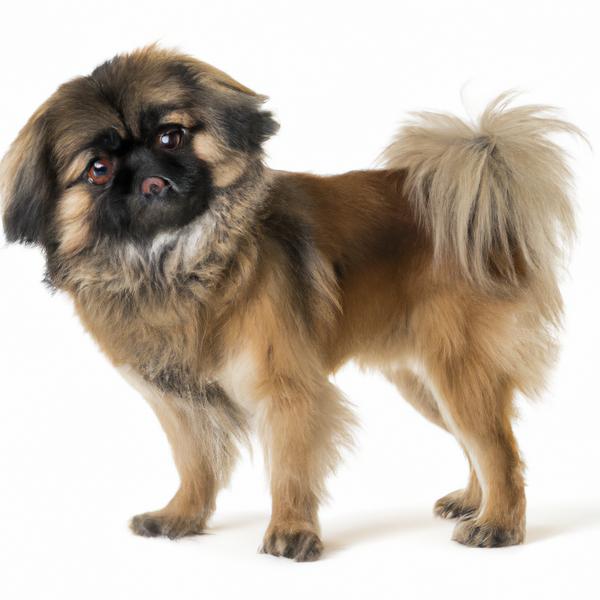Peke-A-Boo vs. Kuchi: Breed Differences and Similarities
Hypoallergenic
Are Peke-A-Boos or Kuchis hypoallergenic, or neither?
Unfortunately, neither Peke-A-Boo nor Kuchi are hypoallergenic, which may not make them the best choice for dog lovers who suffer from pet allergies.
Temperament
What are the personalities of Peke-A-Boo and Kuchi dogs?
Active
Playful
Stubborn
Intelligent
Affectionate
Loyal
Devoted
Aggressive
Good-natured
Calm
Faithful
Easygoing
Opinionated
Earnest
Willing
Serene
Aloof
Clownish
Dignified
Happy
Independent
Shedding Level
Do Peke-A-Boos shed more than Kuchis, or which breed sheds more, Peke-A-Boos or Kuchis?
Peke-A-Boos are low shedding dogs, requiring minimal coat care.
Kuchis are moderate shedders, but regular brushing can reduce shedding and maintain coat health.
Ancestry
What are the origins of Peke-A-Boo and Kuchi breeds?
Pekingese and Bolognese
Molosser-type Dogs
Date of Birth
When were Peke-A-Boo and Kuchi breeds first developed?
Unknown
Eye Color Possibilites
What are the eye colors of Peke-A-Boo and Kuchi dogs?
Brown
Brown
Nose Color Possibilites
What are the natural nose colors of Peke-A-Boo and Kuchi?
Black
Black
Brown
Coat Color Possibilites
What are the natural colors of the coat for Peke-A-Boo and Kuchi breeds?
Fawn
Brown
Black
White
Black
Gray
Red
Fawn
Coat Length
What is the typical coat length for Peke-A-Boo and Kuchi breeds?
Peke-A-Boos have medium-length coats.
Kuchis have longer coats compared to most dogs.
Coat Density
What is the density of the coat of Peke-A-Boo and Kuchi?
Litter Size
What is the usual litter size for Peke-A-Boo and Kuchi?
A Peke-A-Boo can have a litter of 2-5 puppies on average. However, it's worth noting that the size of the litters can vary greatly. Factors that can influence litter size include the health of the mother, breeding history, and genetics.
A Kuchi can have a litter of 12-13 puppies on average. However, it's worth noting that the size of the litters can vary greatly. Factors that can influence litter size include the health of the mother, breeding history, and genetics.
Adaptability
Peke-A-Boos are highly adaptable and versatile, making them excellent companions for families and individuals of all lifestyles.
Kuchis have average adaptability to changes in lifestyle and living environments compared to other breeds.
Health Issues
Between Peke-A-Boo and Kuchi, which breed is more prone to health problems?
Peke-A-Boos typically have low vet costs due to their good health, but it's important to monitor their health and seek vet care when necessary.
While the Kuchi breed is generally healthy, occasional vet check-ups are still necessary to address any health concerns.
Major Concerns
What are the major health concerns for Peke-A-Boo and Kuchi breeds?
Patellar Luxation
Entropion
Cataracts
Hip Dysplasia
Skin Fold Dermatitis
Legg-Calve-Perthes Disease
Brachycephalic Syndrome
Exposure Keratopathy Syndrome
Progressive Retinal Atrophy (PRA)
Hip And Elbow Dysplasia
Minor Concerns
What minor health issues should be kept in mind when owning Peke-A-Boo and Kuchi?
Otitis Externa
KCS
Allergies
Hydrocephalus
Eye Disease
Mitral Valve Disease
Bloat
Occasional Tests
What occasional tests are recommended for Peke-A-Boo and Kuchi breeds?
Hip
Knee
Heart
X-Rays
Dental Examination
Respiratory Tests
Eye examination
Full Physical Examination
Allergy Testing
Yearly Physical Examination
OFA on hips and elbows
Social Needs
Peke-A-Boo vs Kuchi social needs comparison
Peke-A-Boo has above average social needs and thrives with interaction with humans and other dogs.
Kuchi has average social needs and is less independent than other breeds.
Sleeping Need
Which of the two sleeps the most/least: Peke-A-Boo or Kuchi?
Peke-A-Boos are known for their relaxed and calm nature and enjoy long periods of sleep.
Kuchis sleep less than other breeds but still need adequate sleep for good health.
Mouthiness
Mouthiness Comparison: Peke-A-Boo vs Kuchi?
Roaming urge
Peke-A-Boo vs Labrador: Running away tendency?
Prey Drive
Peke-A-Boo or Kuchi - which breed has a higher level of prey drive?
Activity Level
Which breed has higher energy, Peke-A-Boos or Kuchis?
Peke-A-Boos are low-energy dogs. This breed make a great companion for a relatively inactive person. Peke-A-Boo dogs require a few short daily walks, and then they're happy snuggling next to you for the rest of the day.
Kuchis are medium-energy dogs and typically enjoy socializing and playing casual or even sustained games of chase with other dogs. They may also have occasional periods of barking or racing around the house.
Tolerance of being left alone
Walks per Week
How many miles should Peke-A-Boo or Kuchi walk each week?
There's really no limit to how far you walk your dog as long as they're comfortable. For Peke-A-Boo, it's at least 6 miles / week. Just remember to build distance and stamina gradually over time.
There's really no limit to how far you walk your dog as long as they're comfortable. For Kuchi, it's at least 10 miles / week. Just remember to build distance and stamina gradually over time.
Activity per Day
Do Peke-A-Boos or Kuchis require more exercise?
In general most Peke-A-Boos usually need at least 25 minutes of exercise daily. This can be spread across the day and include all sorts of high-energy activities, like walking, running and playing.
In general most Kuchis usually need at least 45 minutes of exercise daily. This can be spread across the day and include all sorts of high-energy activities, like walking, running and playing.
Grooming
Which breed is easier to maintain in terms of grooming, Peke-A-Boos or Kuchis?
Peke-A-Boos require significant grooming, including regular trims and professional grooming assistance to maintain their coat. They may also require frequent bathing to keep their coat and skin healthy.
The Kuchi has low grooming needs and is easy to maintain.
Brushing Frequency
What is the recommended brushing frequency for Peke-A-Boo and Kuchi dogs?
Ideally, Peke-A-Boo should be brushed at least 2 or 3 times a week (preferably daily) improve shedding.
Kuchi should be brushed at least once a week. Of course you can give them more frequent brushes if you find that they are still shedding a lot
Brushing Tools
What brushing tools are used for Peke-A-Boos and Kuchis?
Pin Brush
Slicker Brush
Comb
Nail Clipper
Pin Brush
Dematter
Deshedder
Nail Clipper
Cups
How much food should be given to Peke-A-Boo or Kuchi in cups?
For an average 8-14 pound (4 - 6 kg) Peke-A-Boo feed 1 cups daily. But, keep in mind, the amount you feed is going to be dependent on the quality of the food you are feeding.
For an average 88-176 pound (40 - 80 kg) Kuchi feed 3.4 cups daily. But, keep in mind, the amount you feed is going to be dependent on the quality of the food you are feeding.
Daily Cost
Which breed has a higher daily cost, Peke-A-Boo or Kuchi?
The average cost of a Peke-A-Boo is somewhere $1.10 - $1.40 per day.
The average cost of a Kuchi is somewhere $3.90 - $4.20 per day.
Monthly Cost
Which breed has a higher monthly cost, Peke-A-Boo or Kuchi?
The average per month expenses of a Peke-A-Boo is between $28 - $42. This makes an average of $336 - $504 per year. It will be on the higher side when the dog is still small because it will need more frequent visits to the vet, shots.
The average per month expenses of a Kuchi is between $112 - $126. This makes an average of $1344 - $1512 per year. It will be on the higher side when the dog is still small because it will need more frequent visits to the vet, shots.
Sensitivity Level
How do Peke-A-Boo and Kuchi compare in sensitivity?
This breed is sensitive and requires gentle handling and a calm home environment.
This breed is sensitive to its environment and best suited for patient and understanding families with a consistent routine.
Apartment Friendly
Which breed is more apartment-friendly: Peke-A-Boo or Kuchi?
Peke-A-Boos make excellent apartment dogs, being fairly active indoors and not requiring a yard.
The Kuchi is not suitable for apartments and requires a large yard to thrive. Pent-up energy in small spaces can lead to destructive behavior.
Child Friendly
Do Peke-A-Boos or Kuchis have a friendlier temperament towards children?
Peke-A-Boos have an average level of friendliness towards children.
Kuchis are good with kids if socialized and trained from a young age.
Senior-friendly
Which dog is more suitable as a pet for the elderly - Peke-A-Boo or Kuchi?
Cat Friendly
Do Peke-A-Boo or Kuchi breeds have a better compatibility with cats?
Peke-A-Boos are very friendly with cats and make great companions for them.
Kuchis are somewhat cat friendly and can be trained to get along with cats.
Dog Friendly
Which breed is more sociable with other dogs: Peke-A-Boo or Kuchi?
Peke-A-Boos are friendly and active companions, and can be good family pets, though their friendliness towards other dogs may vary.
Kuchis are average in their friendliness towards other dogs, and socialization can help.
Pet friendly
How do Peke-A-Boo or Kuchi dogs interact with other pets?
Stranger Friendly
Which breed is more friendly with strangers: Peke-A-Boo or Kuchi?
Peke-A-Boos are friendly but may bark at strangers, and training is easy due to their intelligence.
Kuchis are quick to announce strangers and can be standoffish or suspicious.
Playfulness
Which breed is more playful between Peke-A-Boo and Kuchi?
Peke-A-Boos are not known for being a highly playful breed.
Kuchis are a playful breed that needs daily playtime to be happy.
Trainability
How do the trainability levels of Peke-A-Boos and Kuchis compare?
Peke-A-Boos are popular for their ease of training and quick learning ability.
Kuchis are usually easy to train but require consistency to fully obey commands.
Compare Peke-A-Boo with other breeds
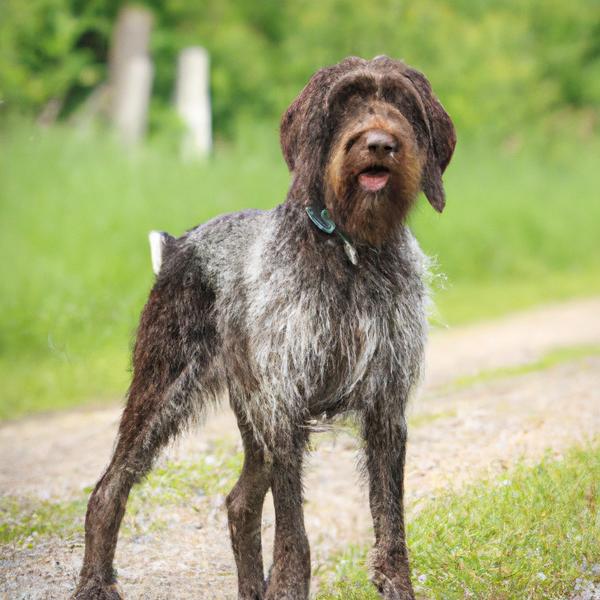
Wirehaired Pointing Griffon
Peke-A-Boo vs Wirehaired Pointing Griffon
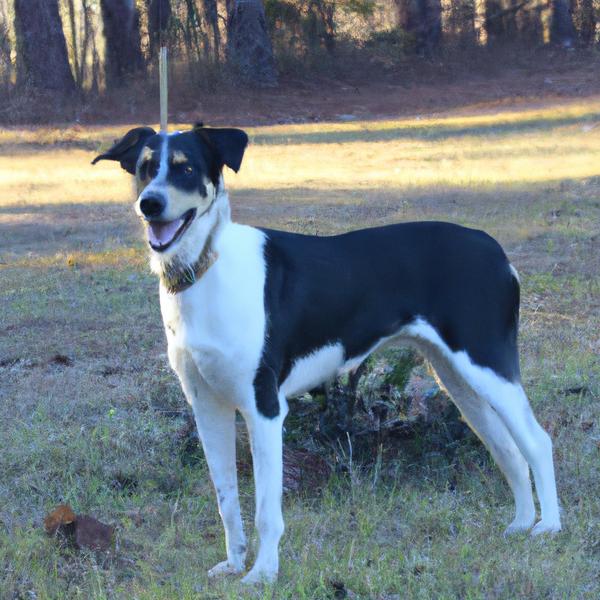
Mauxie
Peke-A-Boo vs Mauxie
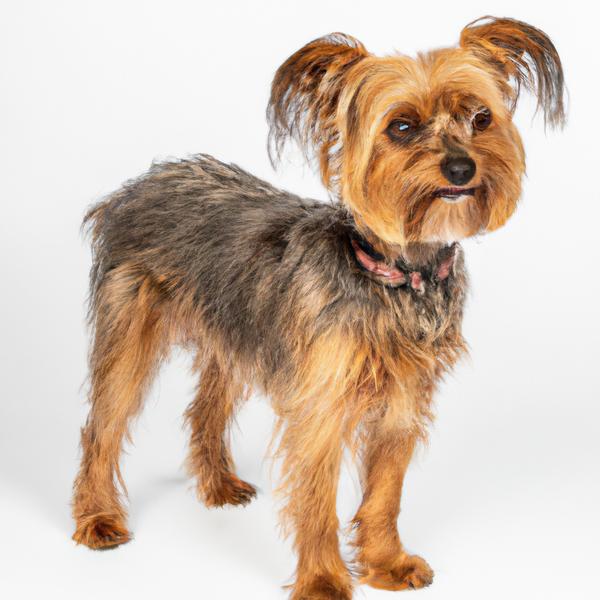
Wire Torkie
Peke-A-Boo vs Wire Torkie
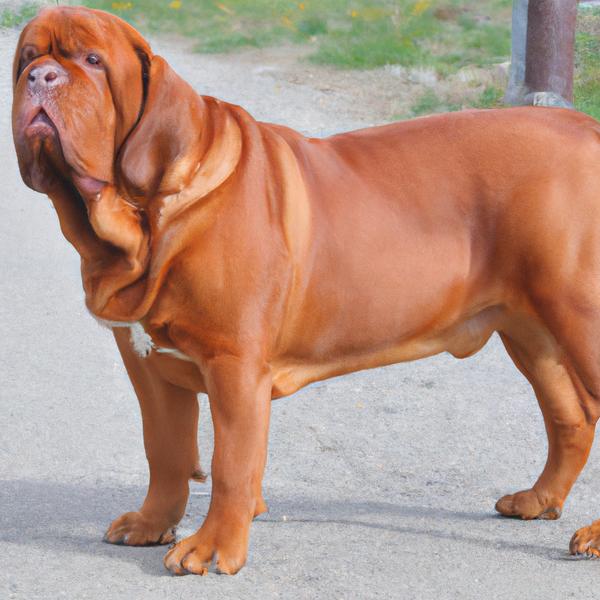
Basset Bordeaux
Peke-A-Boo vs Basset Bordeaux
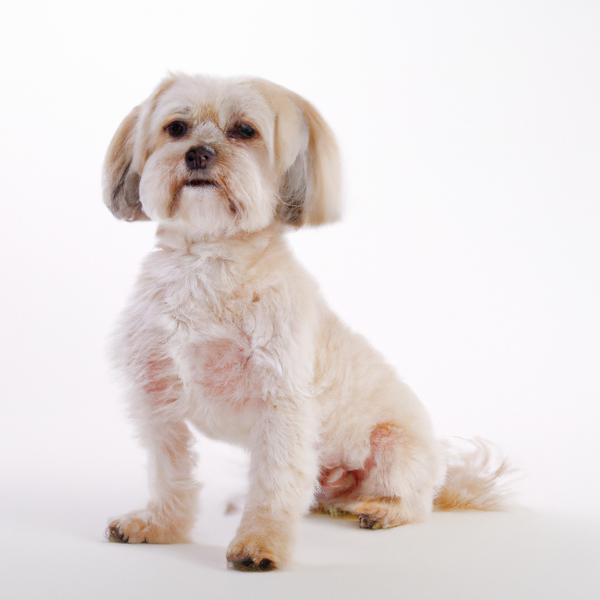
Wee-Chon
Peke-A-Boo vs Wee-Chon
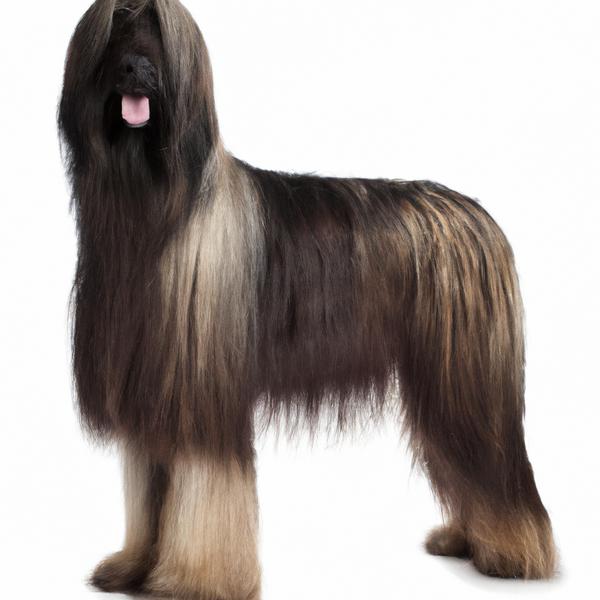
Afghan Sheepdog
Peke-A-Boo vs Afghan Sheepdog
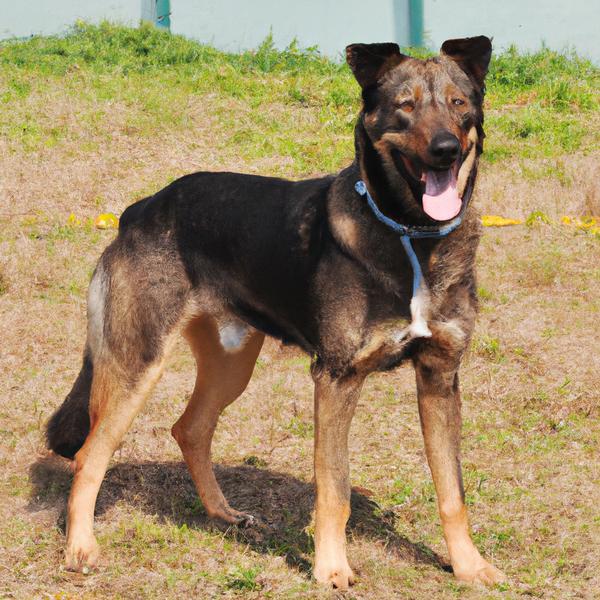
Cattle Shepherd
Peke-A-Boo vs Cattle Shepherd
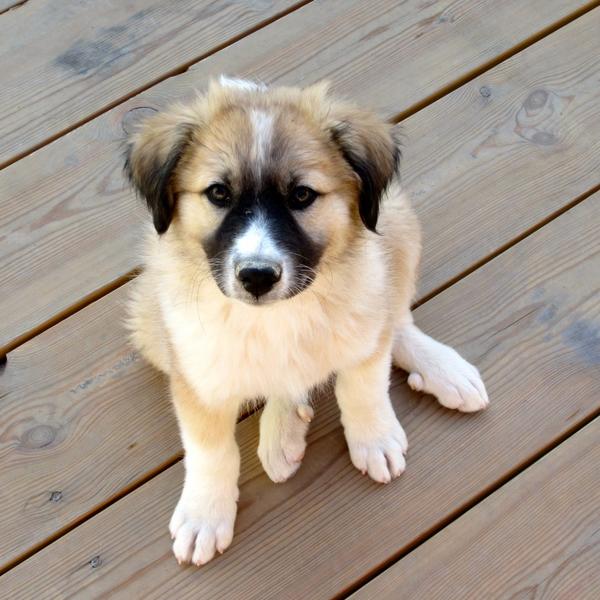
Kuchi
Peke-A-Boo vs Kuchi
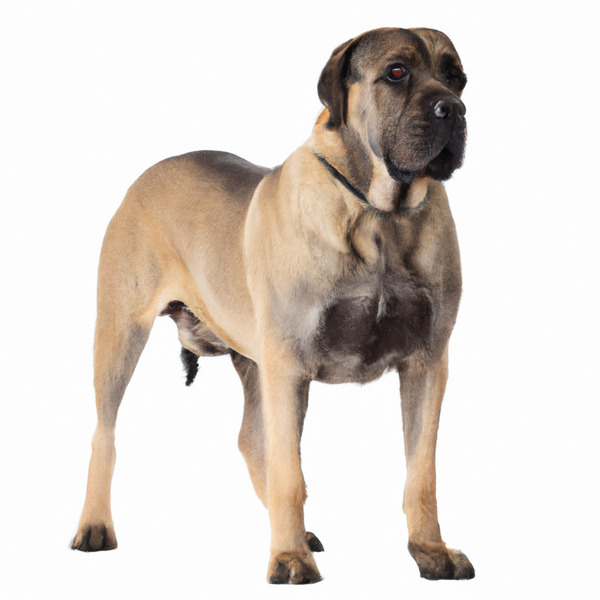
Mastador
Peke-A-Boo vs Mastador
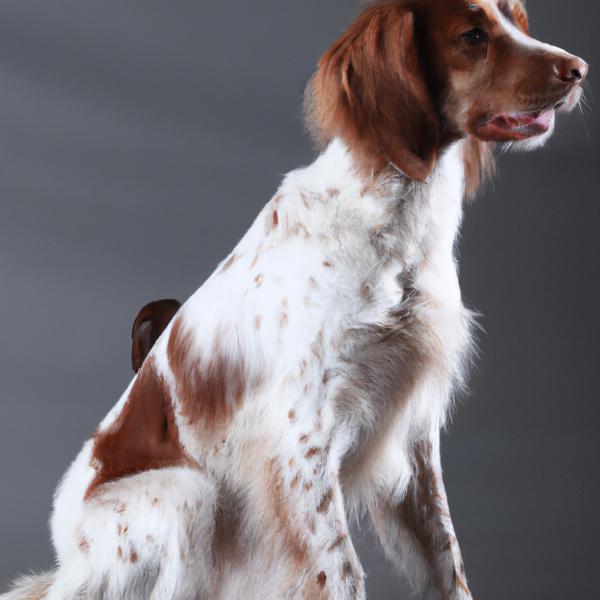
Brittany (Spaniel)
Peke-A-Boo vs Brittany (Spaniel)
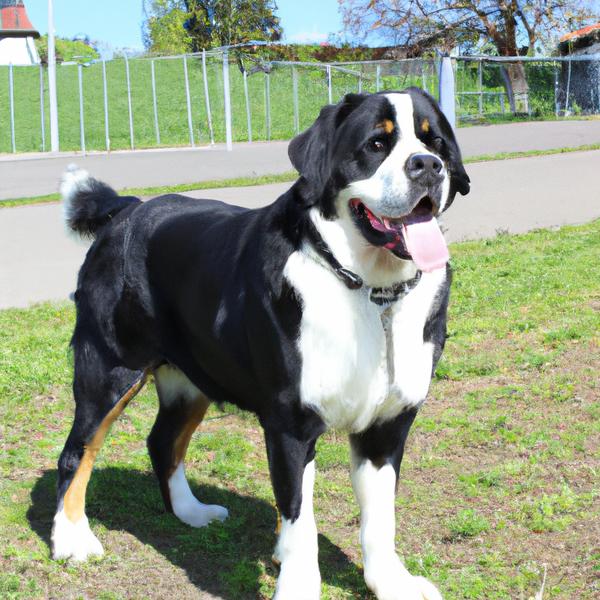
Swissy Saint
Peke-A-Boo vs Swissy Saint
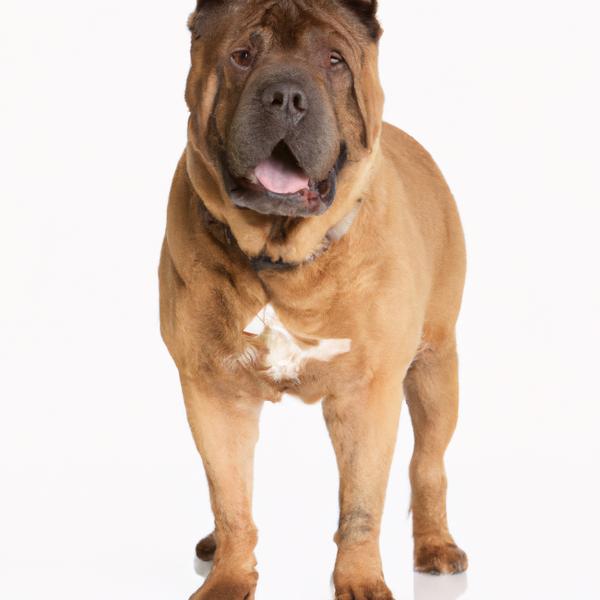
American Chow Bulldog
Peke-A-Boo vs American Chow Bulldog
